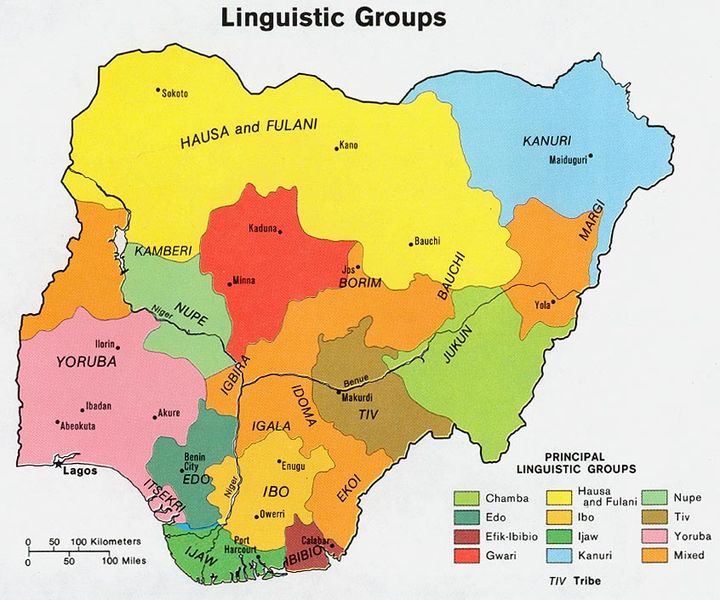Ranked as the world’s deadliest terror group by the Global Terrorism Index in 2015, Boko Haram and its atrocities need our immediate attention; but in order to comprehend it’s emergence, first, let’s understand Nigeria. It is known that Islam primarily spread through conquests in the 10th century, but in many places, including the sub-Saharan region, Islam spread through trade. So back in the 1100s, leaders began converting to Islam. Islam grew in the Northern and most of the Western parts of Nigeria. In the 19th century, after many Christian missionaries were set up, the rest of Nigeria became Christian. By the end of it, the country was roughly divided into two halves comprising of Muslim (North) and Christian (South) peoples.
For a major part of the 20th century, Nigeria was colonized by the British and the Northern half was governed by an indirect rule. Basically, the clergy and the rest of the leaders paid their way to maintain control over the Northern half. Which I have to admit, as far as colonization goes, sounds like a decent deal. One of the calamities of colonization is that it creates borders between the people and the state for its convenience.
Anyway, there was obviously a lack of western education in the North compared to the South. Therefore the South had more doctors, lawyers and bureaucrats in addition to all of Nigeria’s oil reserves. Though Nigeria wasn’t a unified political entity, it gained independence in 1960. It is not difficult to fathom the subsequent military coups that took place until 1967 when a civil war broke out and Southern Nigeria briefly seceded as a separate nation, the Republic of Biafra. It experienced another devastating civil war from 1967 to 1970 which led to the death of more than two million people.
Today, Nigeria stands as the largest economy of Africa and 20th overall, but it is also the only country in Africa where polio still exists and the life expectancy is 52 years (less than the ungoverned country of Somalia). While the country’s economy as a whole grows by 8% every year, absolute poverty grows steadily in its Northern half. This is the Nigeria that saw the emergence of Boko Haram in 2002, a region disproportionately impoverished, uneducated and poorly governed.
The words Boko Haram literally mean ‘western education is forbidden’. It was founded by Mohammed Yusuf who himself was a recipient of western education although he believed that the Earth is flat and that rain is not caused by evaporation. In 2002, he started recruiting people into his movement while simultaneously advocating for an Islamist state. Boko Haram was not an armed organization until 2009 when Yusuf was arrested and executed by the government. Shortly after, riots ensued and the Nigerian ‘terrorist’ group escalated its terror activities.
In 2011, Boko Haram was responsible for Nigeria’s first ever suicide bombing; on Christmas later that year, they killed 41 people inside a church. In 2013 they killed nine women who were distributing polio vaccines. Yes, polio vaccines! A year later, they got the world’s attention after abducting 276 girls from a school (152 are still in captivity as of 2018). It is important to note that 99.9% of Nigerians don’t support Boko Haram. In 2015, two volunteers sacrificed their lives to prevent a suicide bomber entering a city market, where he would’ve killed more than 100 people in a matter of seconds.
It is very hard to understand the evil that is Boko Haram. I’m not even sure if there’s a need to understand it, yet it’s important to know about it. This organization claims to unite Nigeria and talks about promoting righteousness and justice, but funds themselves primarily through drug trafficking and bank robbery. The greatest tragedy of this ongoing episode of terrorism is that it has gone unnoticed. It has now manifestly entered neighboring countries like Niger, Chad and Cameroon. Boko Haram has been allowed to grow in the last decade by the Nigerian government and the rest of the world and we need to change that.





